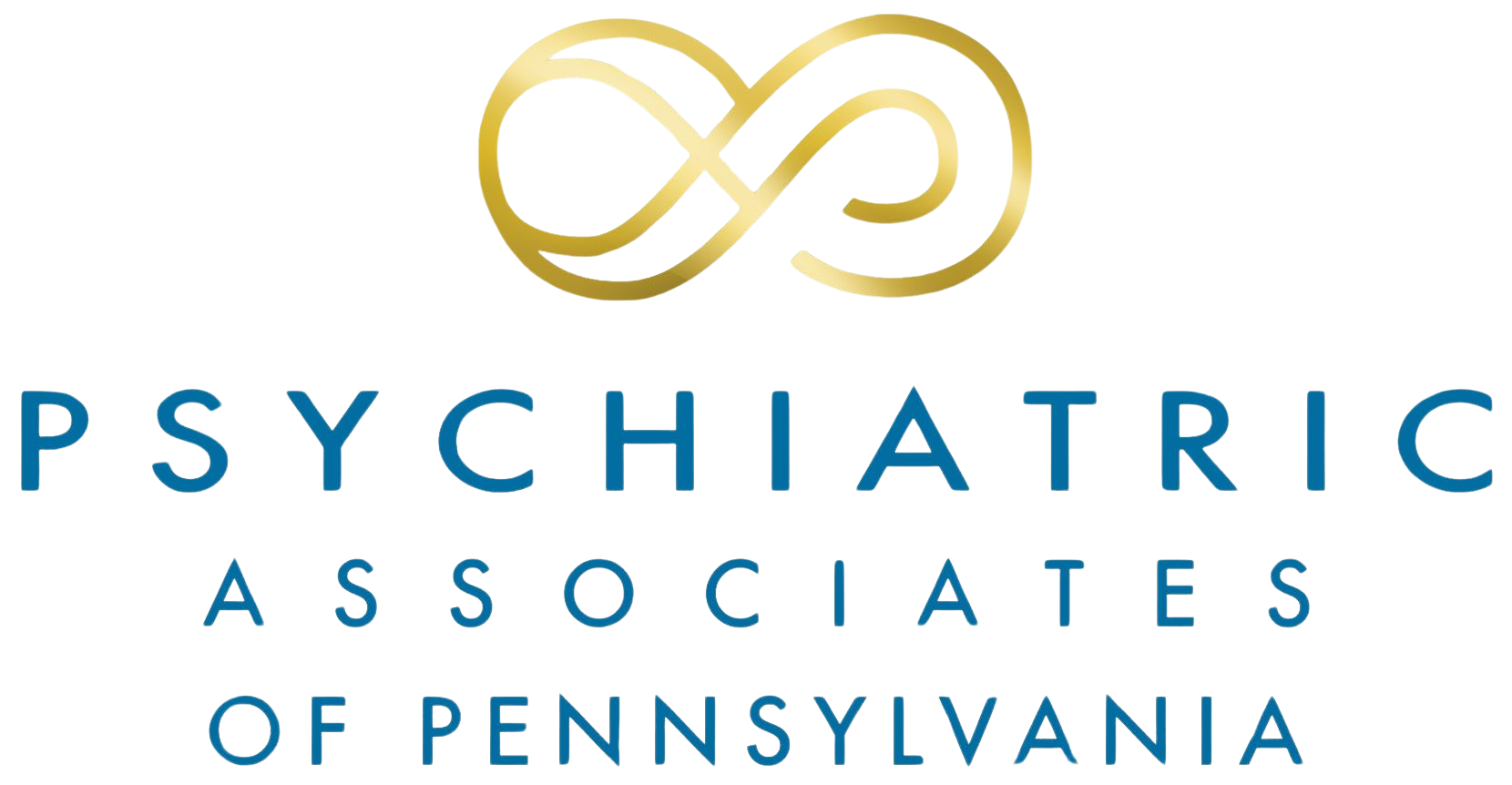The impact of eating disorders
Eating disorders are complex mental health conditions that affect individuals of all ages, genders, and backgrounds. They often involve unhealthy relationships with food, body image, and self-worth. Common types include anorexia nervosa, bulimia nervosa, and binge-eating disorder, each with its own unique set of challenges and symptoms.
Treating eating disorders
The treatment of eating disorders typically involves a multidisciplinary approach that addresses the physical, psychological, and nutritional aspects of the disorder. The specific treatment plan will depend on the type and severity of the eating disorder, as well as the individual’s needs. Here are some common components of eating disorder treatment:
Involving a team of healthcare professionals working together to provide comprehensive care for eating disorders.
Including regular check-ups and vital sign assessments, especially in severe cases.
Such as CBT, IPT, or DBT addresses underlying psychological factors and behaviors associated with eating disorders.
Helps establish regular eating patterns and balanced nutrition.
Offer community and understanding.
Medication may be prescribed for co-existing mental health conditions. Family or partner involvement to improve communication and support recovery.
What to expect during treatment
We are here to remind our patients that recovery is possible, and with the right support, individuals can reclaim their health and well-being.
Treatment for eating disorders is usually provided on an outpatient basis.
In severe cases, residential or inpatient programs may be necessary. The duration of treatment can vary depending on the individual’s progress and needs. It’s important to seek help from healthcare professionals specializing in eating disorder treatment to develop an individualized and comprehensive treatment plan.
















